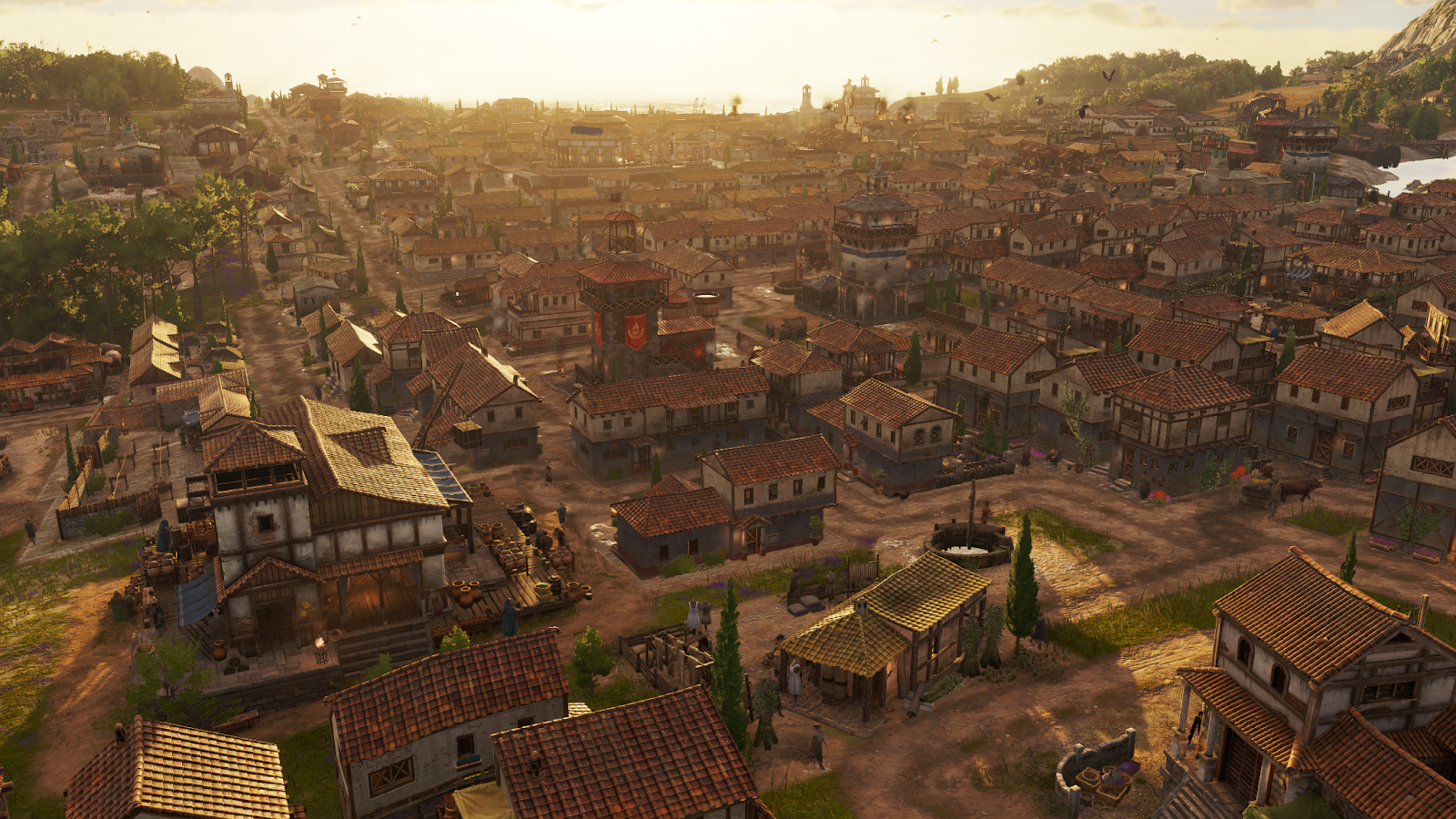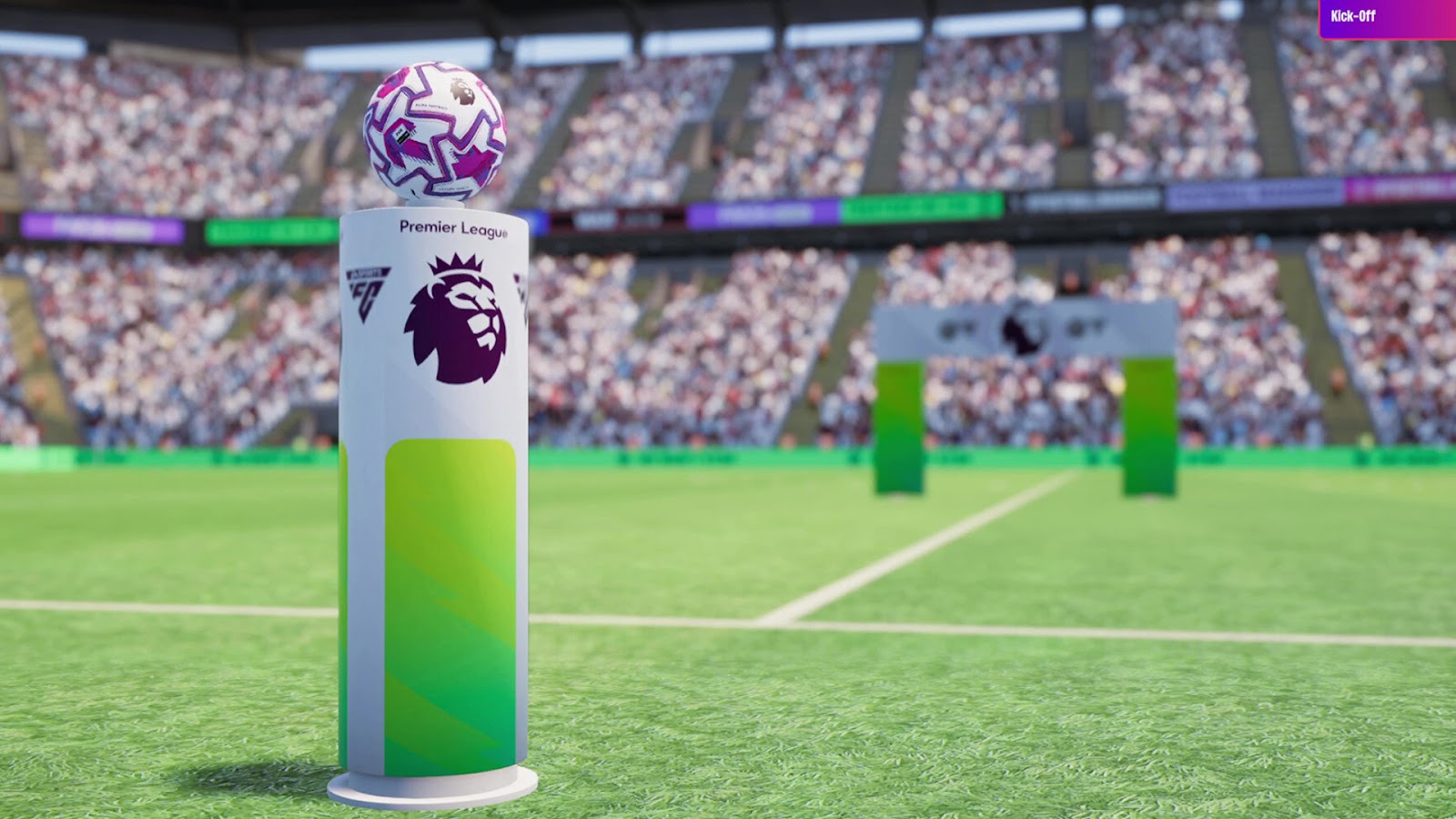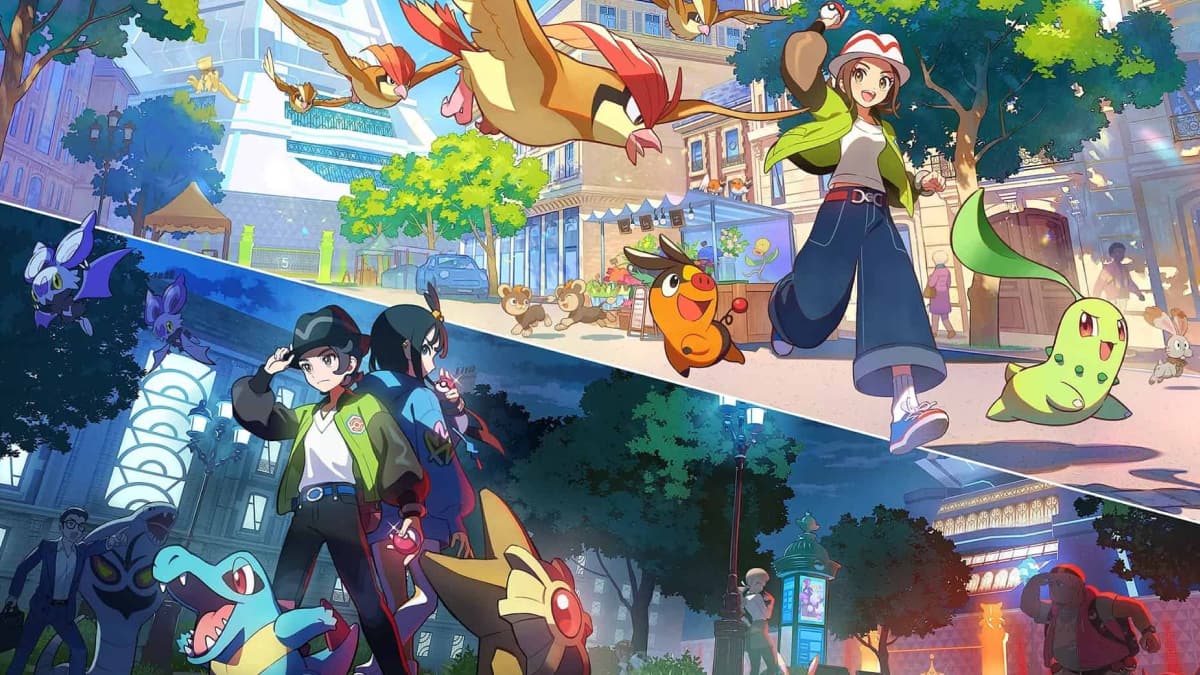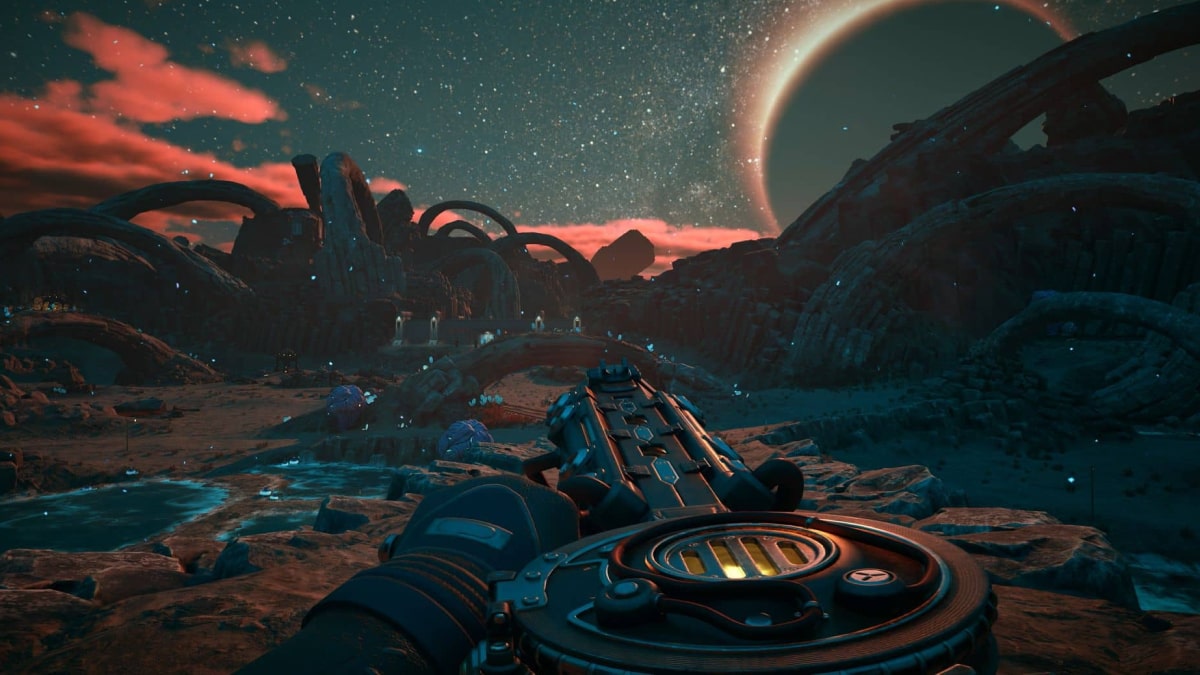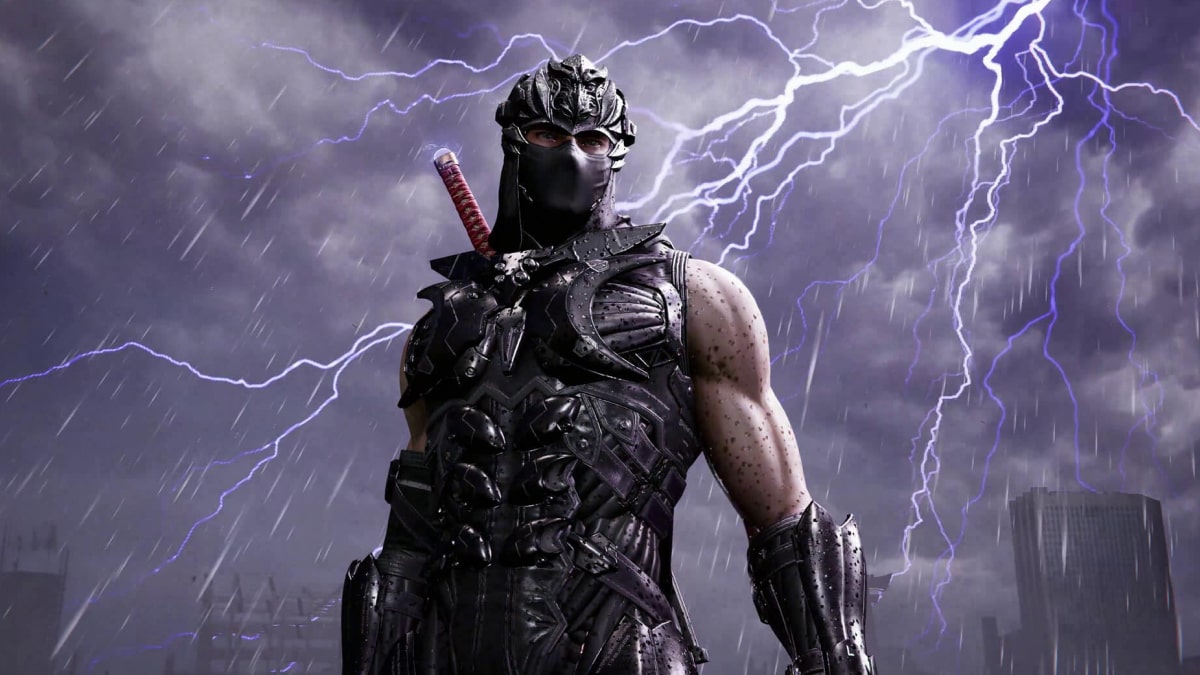You can trust VideoGamer. Our team of gaming experts spend hours testing and reviewing the latest games, to ensure you're reading the most comprehensive guide possible. Rest assured, all imagery and advice is unique and original. Check out how we test and review games here
With Dispatch, developer AdHoc had truly risen like a phoenix from the ashes and eclipsed any of their previous company’s work. Building on the legacy of Telltale Games’ renowned choice-driven adventure titles, Dispatch is the rising star of its genre and an outstanding debut from AdHoc Studio; long may it reign. Exceptional vocal performances, snappy writing, and meaningful dialogue choices elevate Dispatch above its peers, blindsiding you with a polished experience that glows from start to finish.
Dispatch is an episodic, dialogue-system adventure game that puts you in the shoes of Robert Robertson, aka Mecha Man. After a flashy introduction sequence to this original and varied superhero world, he is taken out of commission and out of his mech suit. In the world of Dispatch, the role of a superhero can be less of a calling and more of a job, so Robert is brought in to coordinate other heroes at the Superhero Dispatch Network.
Road to redemption
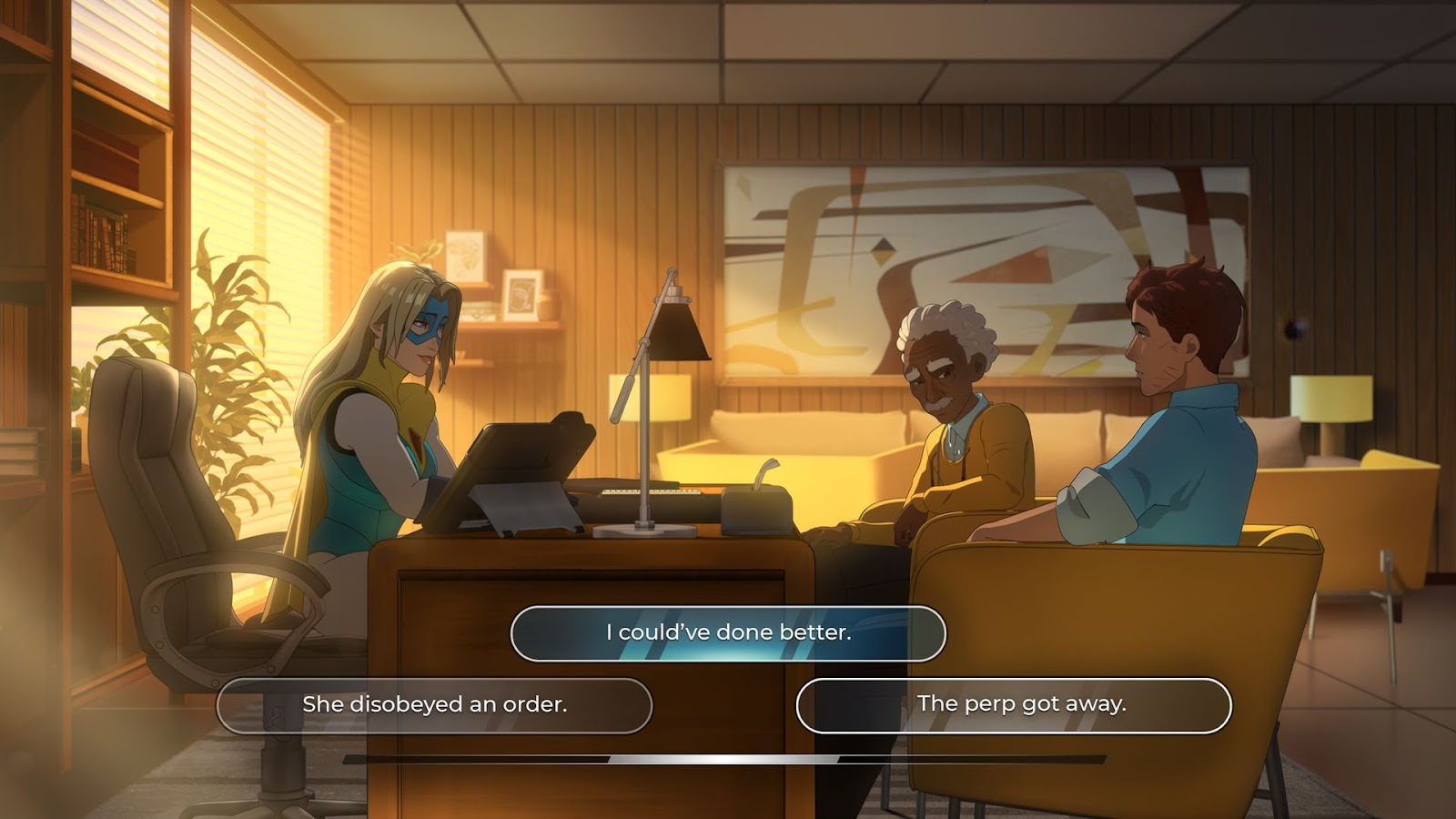
However, you’re landed with the Z-Team, a group of ex-villains put into the ‘phoenix programme’ to try and rehabilitate them from a rag-tag bunch of dangers to society. Thus, Dispatch enters into a workplace comedy setting.
Abrasive personalities fight each other to get on top, all while you try to get on your heroic feet without further screwing up the Z-Team’s already dysfunctional personal dynamics.
Most of your story navigation will be through a dialogue choice system, where you decide Robert’s response to events and dialogue as they unfold. These choices range from small moments where you decide how snarky Robert might be to massive, game-defining decisions that drastically alter the story.
Dispatch’s writing often veers into the juvenile, but it is also genuinely funny, smart, and touching.
However, despite Dispatch’s flair for levity, grim reality constantly waits around the corner, ready to grab you by the face and force you to make a choice. One deliciously tough moment that sees you having to cut one of the already likable characters from the team early on, forcing you to reckon with Robert’s responsibilities and priorities.
Finding a voice
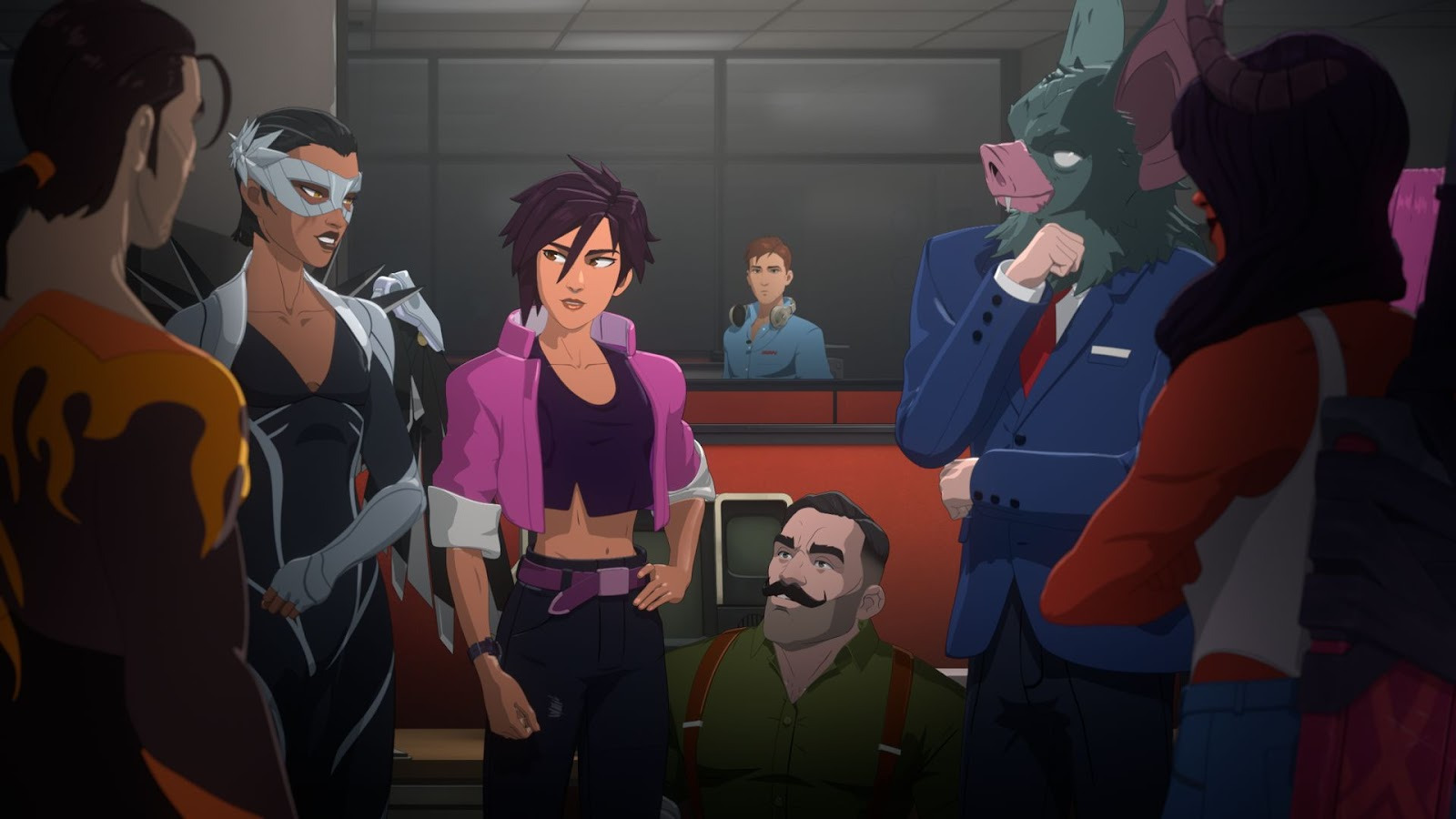
You’ll have already met most of Dispatch’s game cast by the end of the second episode, and what a stellar ensemble. You’ll spend most of your time with Robert Robertson, and while Aaron Paul (Breaking Bad) does an undoubtedly excellent job in his voicework, Robert’s character is elevated further by exceptional worldbuilding, which places his struggles in context.
I thoroughly enjoyed my time rooting and reacting alongside Robert. However, it’s the colourful band of rogues and weirdos that make up the rest of the cast that truly elevate Dispatch.
You’d expect excellent performances from voice acting regulars like Erin Yvette’s corporately heroic Blonde Blazer or Critical Role alumni like Laura Bailey’s complex Invisigal. Amid these luminaries, it’s notable that everyone else holds their own; there’s not a dud performance in the house.
Lance Cantstopolis’ Falmbae is a jerk with a heart of jerk who still has enough character moments to make you like him, and Charles White (MoistCr1TiKaL)’s drug-addicted half-bat Sonar catches you off-guard constantly with funny line deliveries and far more emotional reads than you’d expect.
On the job
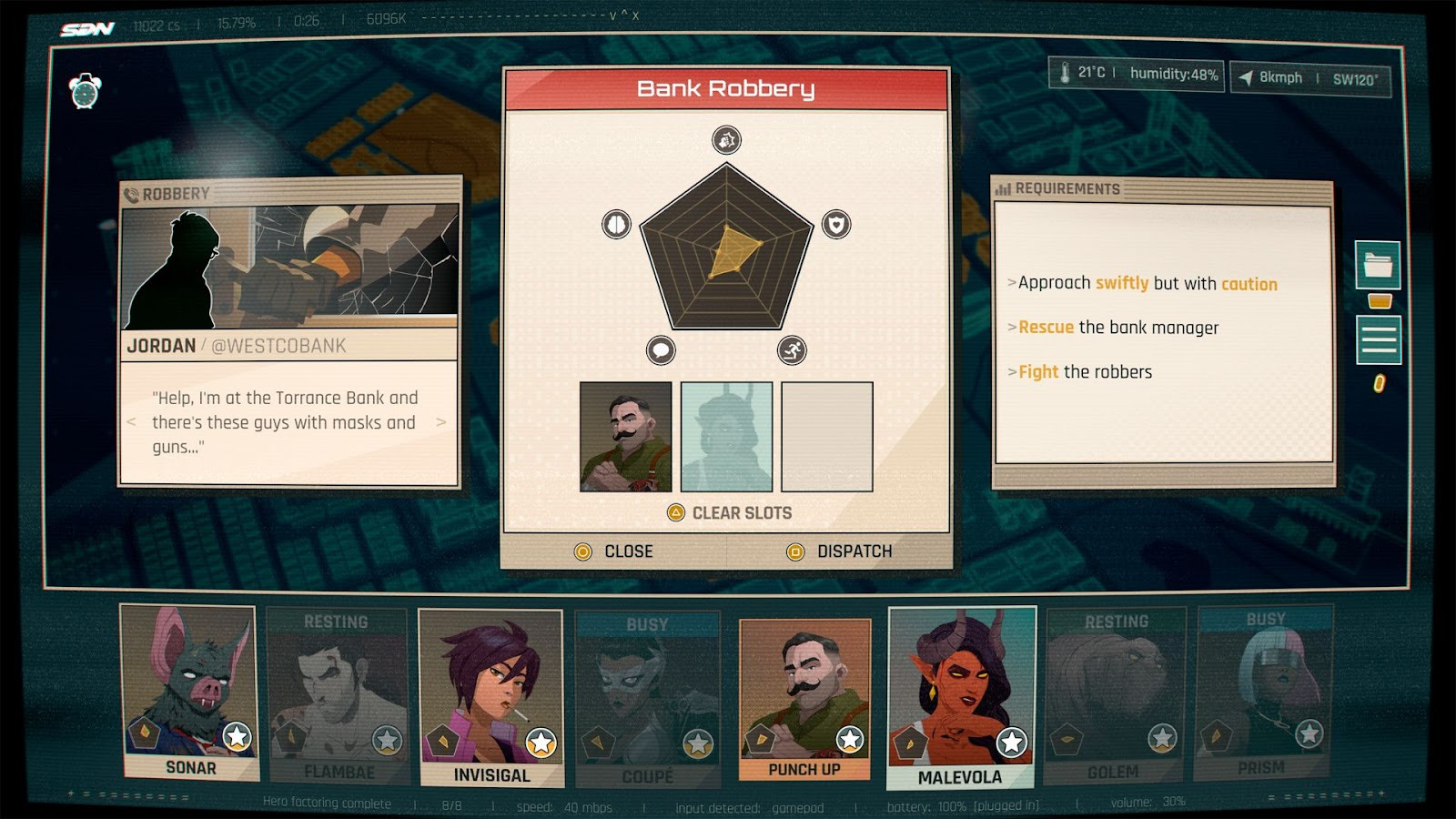
Dispatch isn’t all just about dialogue prompts; you’ve got a job to do and heroes for dispatching. Each episode has a couple of shifts where you have to correctly assign your team to dangers across the city, each shift with its own wrinkle.
Your heroes each have a different set of stats, and this is rolled against the interpretable hidden requirements of each mission. Heroes also have their own special upgradable abilities, like Prism, who can make copies of other characters to invest more stats into a mission with fewer resources.
To add further depth, dispatching certain heroes together offers unique bonuses, and customising your team’s stats on level-ups lets you adapt to handle the game’s challenges. What seems like a pretty simple setup develops a surprising number of moving parts, offering a compelling layer of strategy to an already rich experience.
These dispatcher moments threaten to feel like diversions, but always tie into the narrative and let Dispatch show how characters are feeling rather than just telling. You’ll also want to make sure you’re paying attention, because success matters more the deeper into the story you get.
Robert might not be able to be in the field with the other supers, but he is a pretty decent hacker. To support your team on the ground or during pivotal story moments, you’ll need to enter a hacking mini-game.
These start off as pretty rudimentary affairs. You just move a token through a circuit and enter quick codes. However, as difficulty escalates, you’ll soon be moving in a panic, trying to hack frequencies or avoid hostile defences. The timer on each of these mini-games might seem long at the start, but you’ll soon find that even the simplest of hacking becomes frantic when you’re running out of time.
Punching above its weight
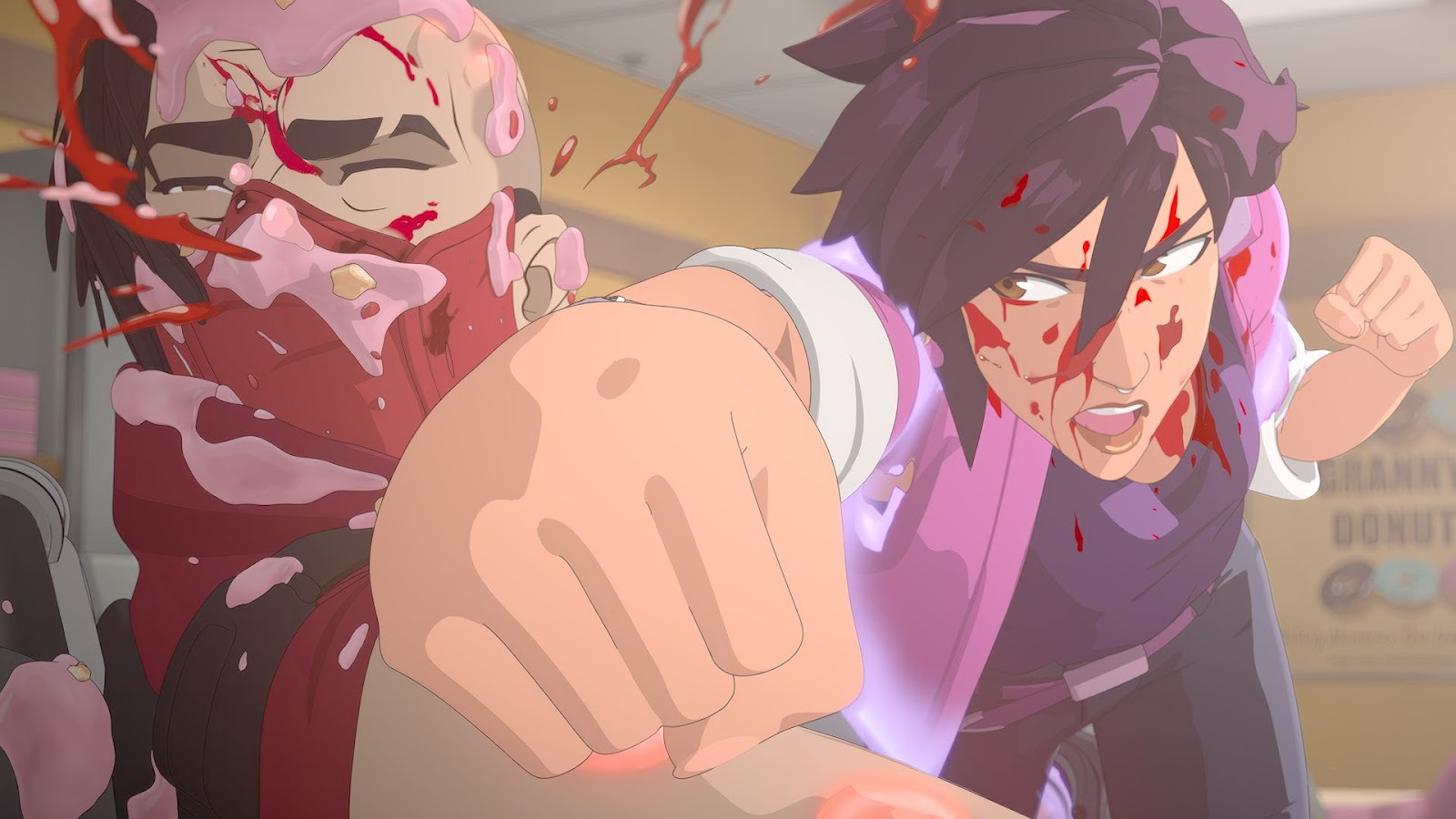
Time is Dispatch’s greatest tool, as its relentless pacing is central to its success. Each conversation choice is on a strict timer, but so is every dispatch mission and hacking mini-game. Dispatch has no downtime and is designed for each episode to be consumed as a self-contained story.
This approach to pace is quite unusual for a video game, but the norm for a TV show or film. It gives proceedings a distinctly cinematic feel, reinforcing the brazen comic-book style underpinning the whole experience.
This style comes into its own during Dispatch’s fight scenes, which, though few and far between, offer powerful and captivating spectacle. These moments are rare, but really let you drink in their visual splendor. Just like the rest of Dispatch, no frames are wasted.
These scenes also bring out some of Dispatch’s few weaknesses, like the strangely muted sound mixing. Punches and explosions just don’t have the impact they should; it feels like everything is resting at the same level, whether it’s a conversation or a brawl.
All this pacing might tell an engaging story, but that’s all for naught if the choices-matter core of the game doesn’t work. Happily, Dispatch mostly delivers on the ancient promise: “so-and-so will remember that”.
Not every decision ends up being world-shattering, but enough is being tracked in the background that there’s a variety of outcomes. There are wild (and welcome) differences in how Invisigal’s story resolves during the game’s finale, for instance. Do not expect a roster of cookie-cutter endings here. When it comes to player agency, Dispatch is the real deal.
Making choices matter is difficult because a game can only do so much, and there’s rarely space for a third option. Despite this, in an exceptional coup de grace for Dispatch, the game feels like it’s listening throughout. Dispatch well and truly feels like your own story, and, in offering that rarest of experiences, deserves the very highest praise.


